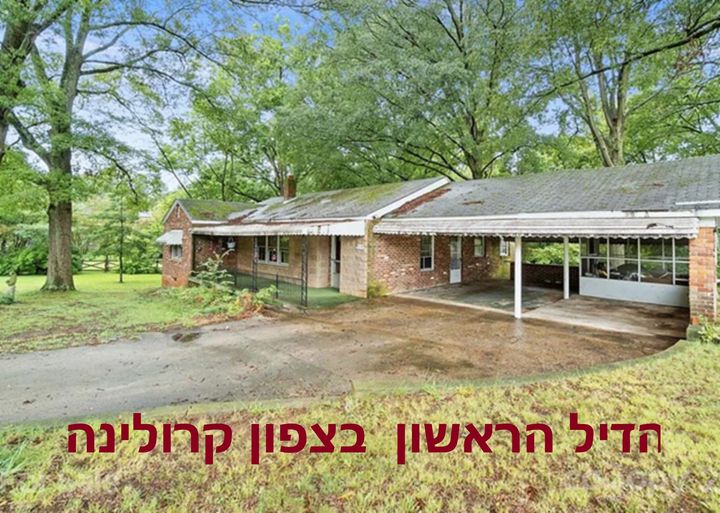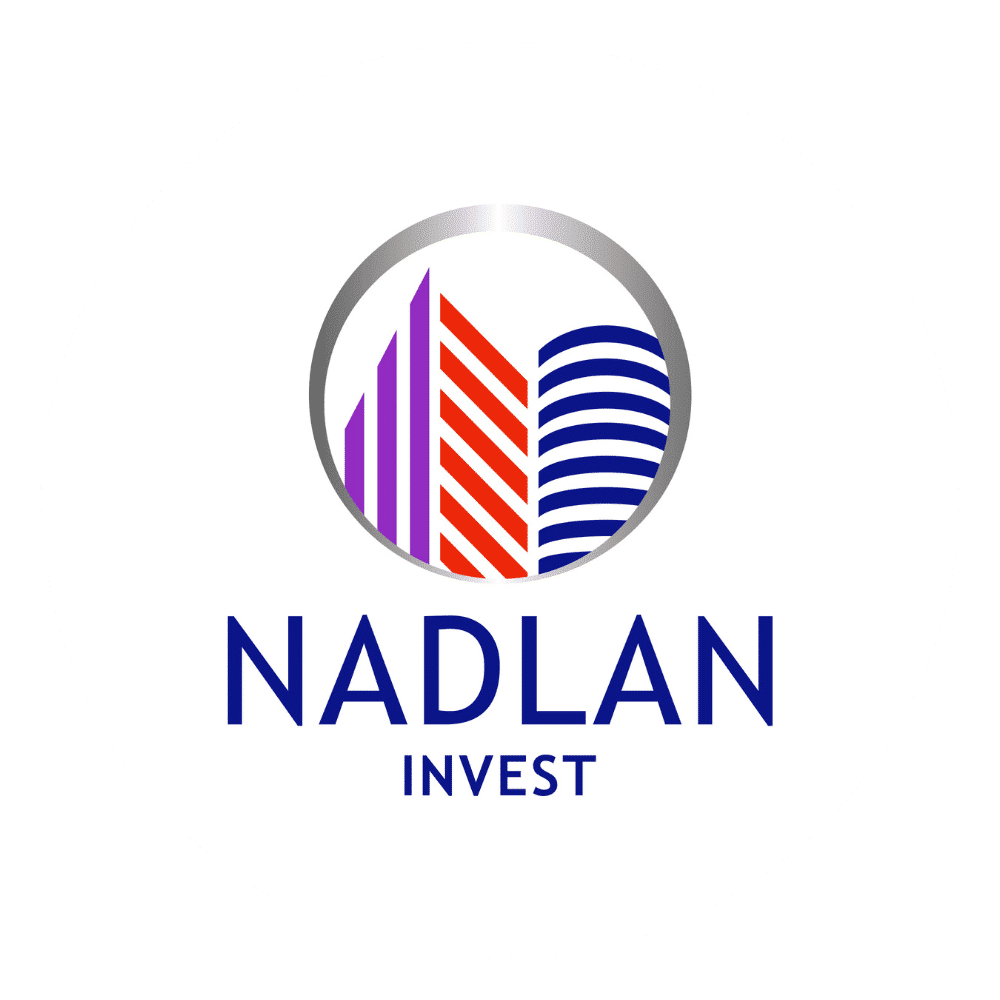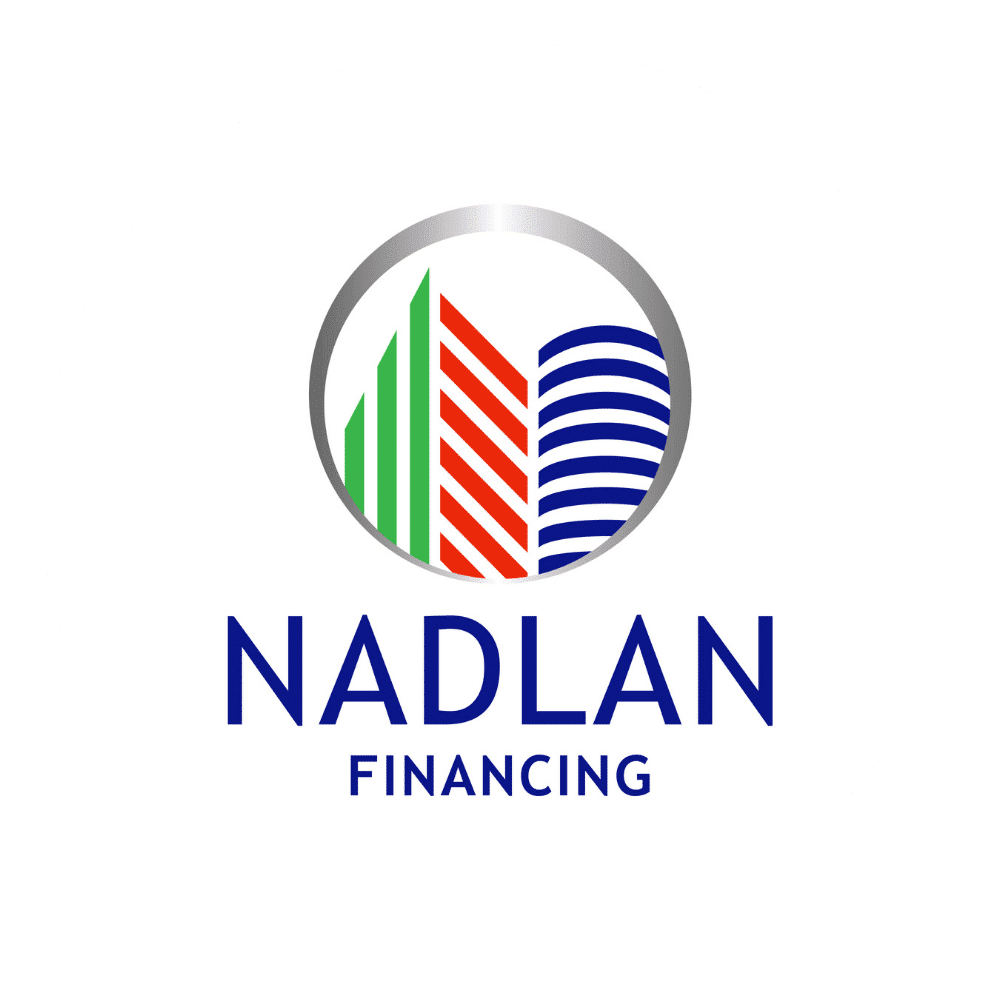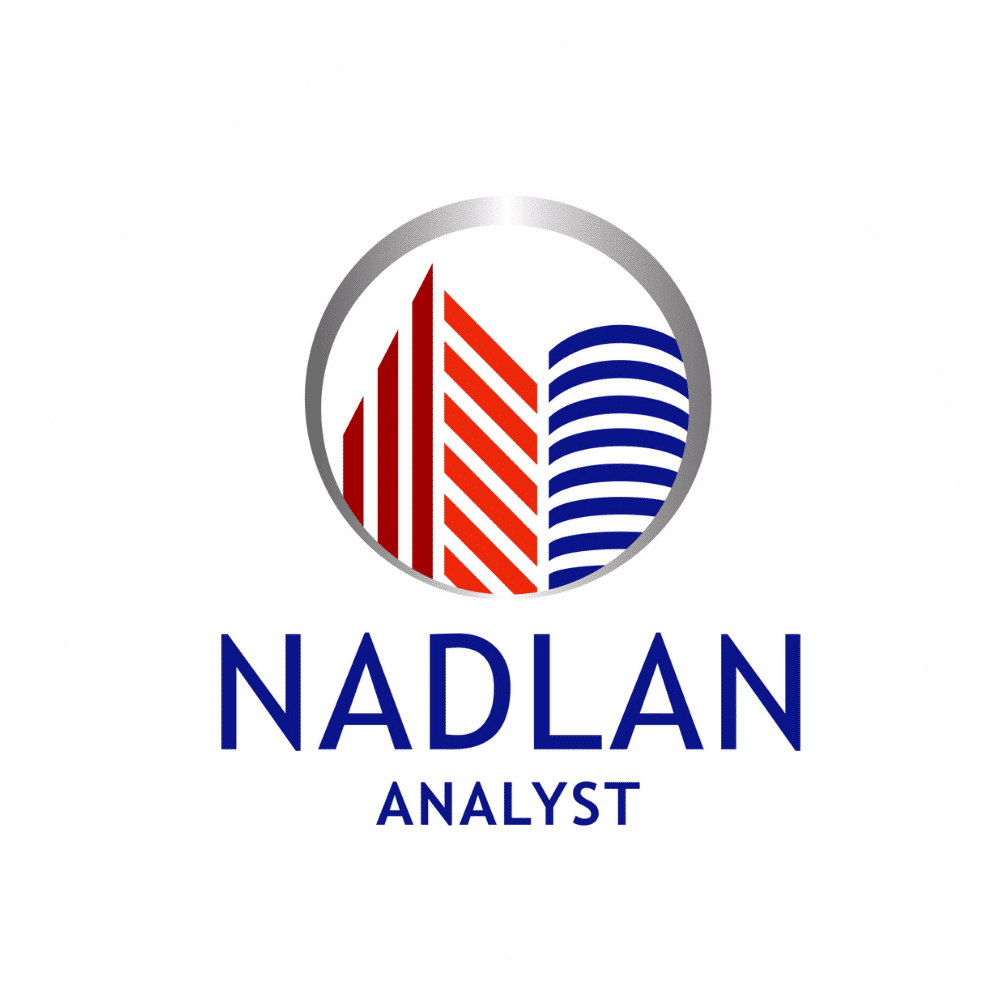What is the purpose of wholesale (wholesale) real estate?

Investing in real estate is not the same as investing in stocks and bonds. With both of these markets, you can dive straight in with just $ 100, and go in and out whenever you want. But it is not so easy when you are dealing with assets. In fact, it can be tricky to navigate and often comes with a high price tag. And it takes time to buy and sell homes. First, there is the issue of coming up with a down payment, getting funding, filling out all the paperwork and then closing. Not to mention the time it takes to deal with tenants and rent collection.
If you really want to make money in real estate, but just can not figure out the idea of saving all that money and tackle the buying process, you still have some options. A real estate wholesaler is one of them. This is a legal strategy that you can use to your advantage without having to make an offer to purchase or pay a down payment. So, how does it work?
What is a real estate wholesaler?
Wholesale real estate is a short-term business strategy that investors invest in to make big profits. Contrary to what you may think, a real estate wholesaler has nothing to do with a retail wholesaler. In retail wholesale, the wholesaler sells a large amount of merchandise to the retailer, who repackages and sells it to consumers at a much higher price. Because of the volume of goods sold to the retailer, the wholesaler can charge the retailer a much lower price.
Wholesale real estate does not involve the sale of a number of properties at lower prices. In fact, this is a completely different strategy. In this strategy, the wholesaler signs a contract on a home - usually in distress - with a seller, locates potential buyers, and then assigns the contract to one of them.
The goal in wholesale real estate is to sell the house to an interested party before closing the contract with the original landlord. This means that no money changes hands between the wholesaler and the seller, not least until the wholesaler finds a buyer. So how does a wholesaler make money? He makes a profit by finding a willing buyer to purchase the home at a price higher than the amount agreed by the buyer. The difference in price - on which the buyer pays - is the profit, maintained by the wholesaler.
Real estate wholesale is best suited for people who want to get into business but do not have the financing. One of the best things is that you do not have to pass an exam or get a real estate license to be a wholesaler. If you have good skills with people and you are quite patient, wholesale may be right for you.
An example of a real estate wholesaler
Being a real estate wholesaler can sound complicated. But it's really very simple. Let's use this example to illustrate.
Suppose a homeowner has a property that he never thought he could sell because he is quite distressed. The owner may not have enough resources to repair the property himself, but he continues to live in it, thinking he will never get a fair price for the property. The same property owner receives a wholesaler, who addresses the landlord with an offer. Together, they agree to put the house on contract for $ 90,000. Through his network of investors, a historian finds an eager buyer at $ 100,000. He assigns the contract to this investor, and then he has a profitable project. The wholesaler earns $ 10,000 without owning a home.
From this example we see that there has never actually been an offer to purchase from a wholesaler. He agreed to hand over the house for the landlord to an interested party. Under the contract, the buyer pays $ 100,000 to the wholesaler, who pays the landlord $ 90,000, and keeps the rest to himself as profit.
Succeed as a real estate wholesaler
A real estate wholesaler is not for everyone. It takes a lot of time, commitment and patience. You also need to have excellent communication and marketing skills. And it would not hurt if you had a network of investors who might be interested in buying the properties you market wholesale.
Finding the right type of property is the first key to a wholesale sale. Homeowners who own distressed properties and are eager to sell, as noted in the example above, create great chances. These properties can be very attractive to potential investors, especially if they are in the right location, come with desirable features already, and need to be matched to the right price. Before you make an offer, you will want to check what types of repairs or home additions you will need.
Knowing what kind of offer to offer really helps. If you drop too low and you may keep a potential seller away. But if you bid too high, you may not be able to find a buyer who is willing to take the risk of buying and repairing a distressed property.
The key to the wholesaler is to add a clause to the purchase contract that allows the wholesaler to withdraw from the transaction if he is unable to find a buyer before the expected closing date. This limits the risk of the wholesaler.
Wholesale real estate versus flipping
A real estate wholesaler is similar to flipping in many ways. Both use the asset as a means of investment and profit. And both require a contract and the sale of a home in one form or another.
However, there are major differences between the two. The time frame with wholesale is much shorter than it might be with flipping. And the wholesaler makes no repairs or alterations to the house.
Because the wholesaler never buys a home, real estate wholesale is far less risky than flipping. The latter often involves renovation and various costs such as mortgage, property tax and insurance.
Wholesale real estate also involves much less capital than flipping. Heavy cash payments on some assets are usually sufficient. Success depends on knowing the wholesale market and connecting investors to quick sales.
Come and study the real estate wholesale course (wholesale) of the Real Estate University









































Responses